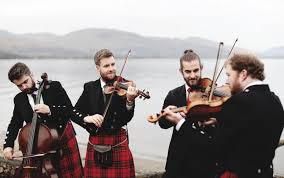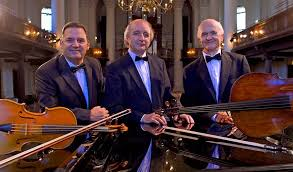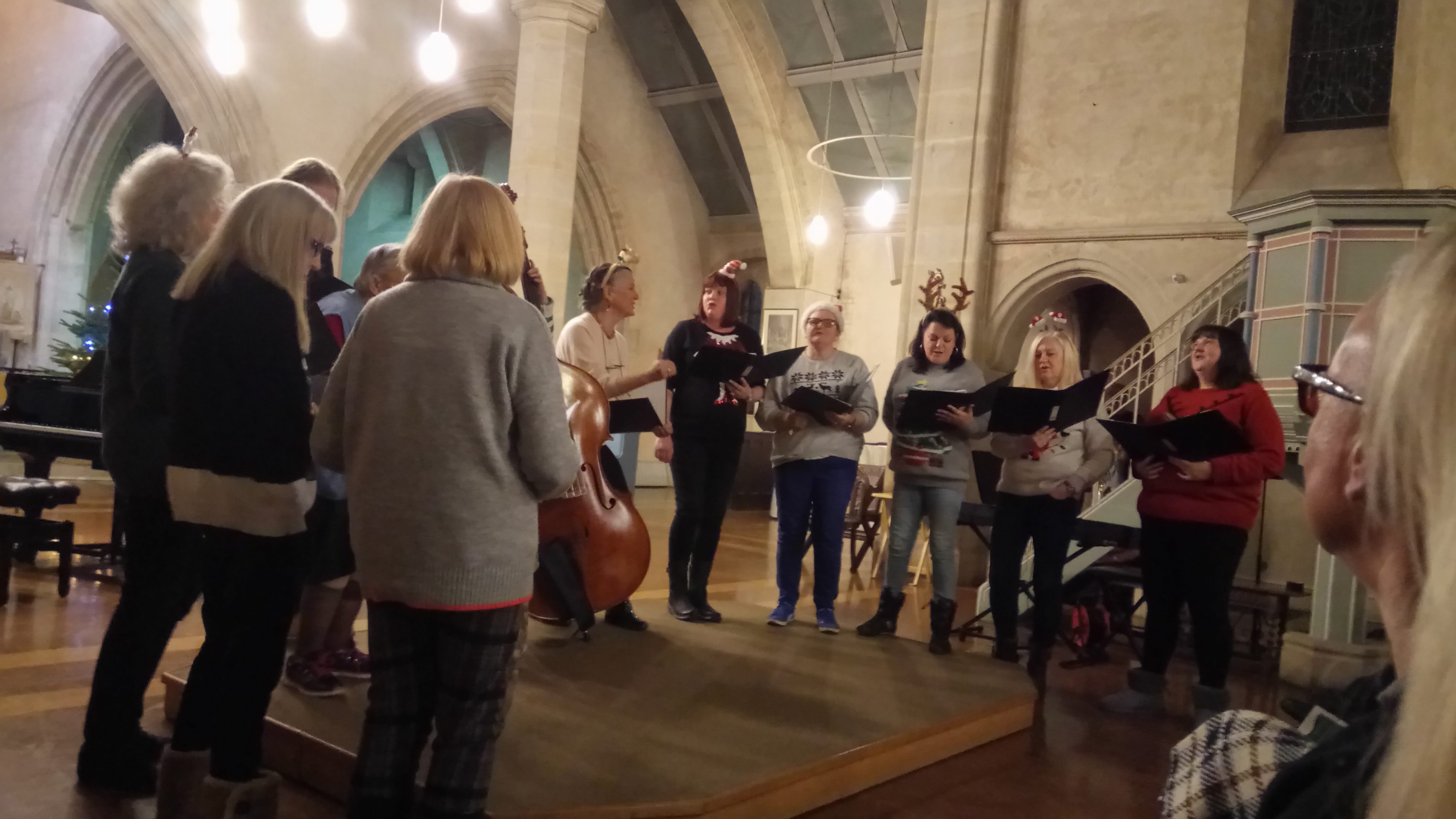University of Sussex, 8 December 2019
A concert programme as full as this is certainly good value for money and a very pleasant way to spend a Sunday morning: “A belter of a programme as we say in Scotland” cellist, Duncan Strachan told the audience cheerfully at this third concert in the Strings Attached Coffee Concert series. It was, moreover my first visit to the Attenborough Arts Centre at University of Sussex and it certainly won’t be the last. It’s an attractive small concert hall with lots of blond wood and a fine acoustic fronted by a rather good, spacious café wherein to buy the titular coffee first if you wish. And on a Sunday morning there’s plenty of free parking nearby.
We began with Haydn op 74 no 1. The four members of the Maxwell Quartet found plenty of playfulness in the first movement and I liked the understated elegance with which they played the andantino. Haydn tends to write showy first violin parts and of course, Colin Scobie rose ably to the challenge but it is also good to watch the palpable, visible rapport between the other three which enables the whole thing to cohere with such (deceptively?) insouciant energy.
Then for something completely different, Scobie changed places with second violin George Smith for some Scottish Folk Music – first a song and then two dance tunes arranged for quartet. Classical musicians don’t always make such music sound authentic but the “danceability” and sense of fun was faultless here. It was a nice way of reminding the audience that this quartet comes from Scotland and for a bit that’s where we were too.
With Scobie back in first violin seat we were then treated to Visions at Sea, a 2011 work by Dutch composer, Joey Roukens – a very dramatic contrast for the players to snap into which can’t be easy. With mutes on, the piece starts with a melange of harmonics and ethereal glissandi. From time to time we hear snippets of sea shanties and seventeenth century music as the piece rises to a dramatic storm and ends more or less where it began. In the hands of the Maxwell Quartet it’s an interesting musical exploration of the Dutch maritime past. It isn’t easy listening at first hearing and I assume it’s pretty difficult to play but this performance was intriguing enough to make me think I must find this work and listen to it again.
And so to the climax: Schubert D810 (Death and the Maiden) the performance of which was very arresting. I have rarely heard it played with so much colour and feeling and, again, the bonding between Harris, Elliott Perks on viola and Strachan while Scobie was playing the plaintive top line in the andante was very clear. I also admired particularly the nicely judged tutti moments when all four players come together, as if to breathe as one for a few bars, in the busy presto.
Susan Elkin



